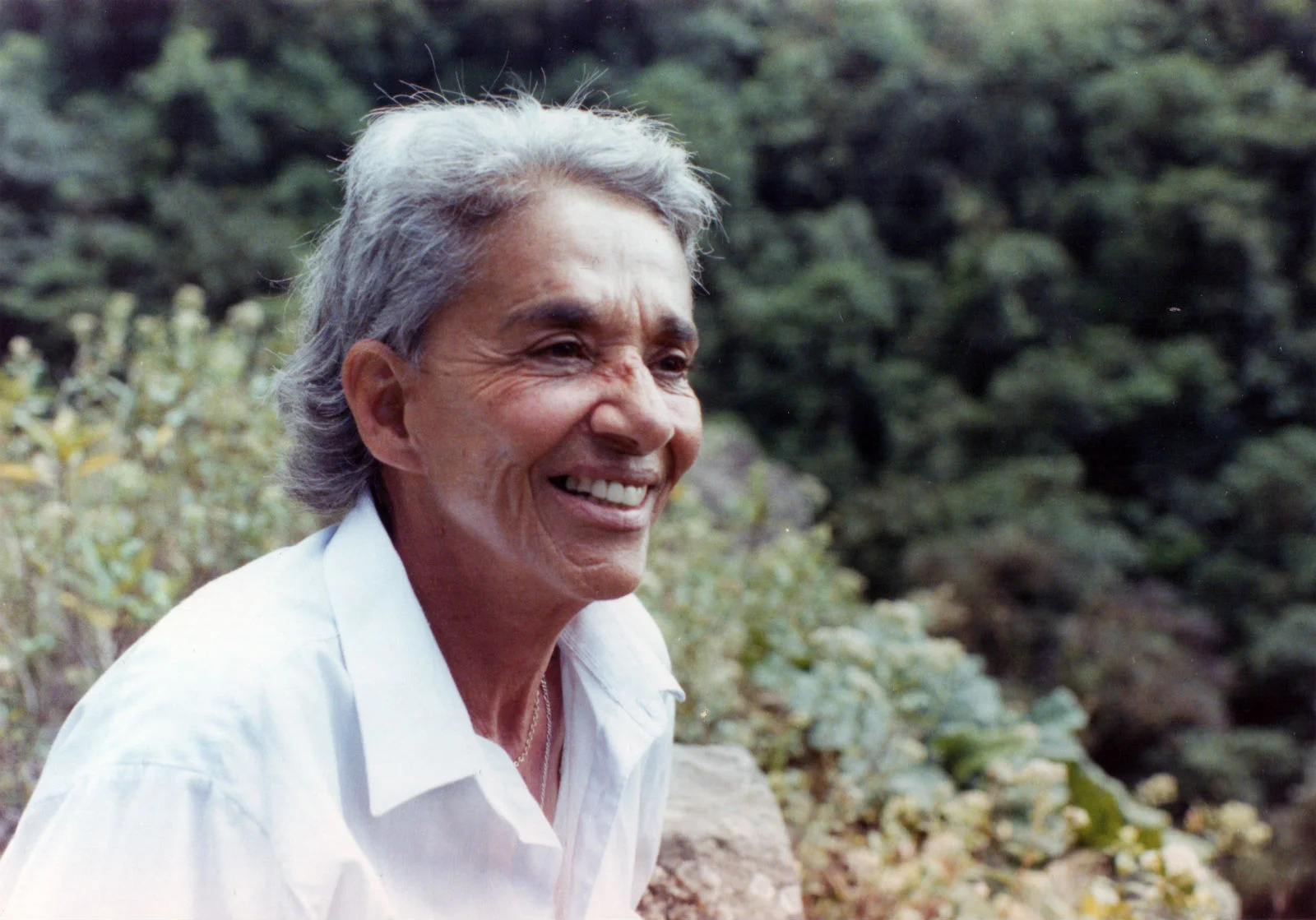Chavela: Documentary Distills Acclaimed Singer’s Tumultuous Life
By Liam Lacey
Rating: B
"Goodbye volcano," wrote director Pedro Almodóvar on Facebook when the singer Chavela Vargas died in 2012 at the age of 93. "Volcanic" is an apt description for Chavela's voice which, while husky and caressing, seemed wrenched from fathomless depths of emotion. Almodóvar — who used Chavela's songs in several of his films — championed her career comeback in her late decades, and revered her as his androgynous muse.
Given the number of decades Chavela performed, and her high profile in her later years, you'd assume there would be a wealth of interview material with her. Apparently not. In 1991, Catherine Gund did a filmed interview with the singer, and that somewhat blurry footage is the centrepiece of this documentary. It's embellished with talking-head interviews, photographs, and archival clips, including a welcome sampling of Chavela's grandly soulful performances over the years.
The great Chavela Vargas.
Though somewhat repetitive in its awestruck tone, Gund and co-director Daresha Kyi's film does an effective job of showing how Chavel's life was as intense as her music. Born in Costa Rica, she came to Mexico City as a teenager, first singing (like Edith Piaf) on the streets before moving cabarets, nightclubs and movies.
A serial seducer of women, she had a relationship with artist Frida Kahlo, and a one-night stand with Ava Gardner during Richard Burton and Elizabeth Taylor's wedding in Acapulco. As various friends and lovers attest, Chavela made it a point to out-romance and out-drink her male colleagues. Eventually, the tequila took its toll and she lost more than a dozen years go booze before her comeback in her early 70s.
Early photos show her as a beauty in the traditional Mexican movie style, with long hair, a frilly hoop skirt and jewellery, but she said the feminine clothes made her feel as though she were a transvestite. She switched to her trademark performing uniform of a poncho and pants, with a single braid (which was later cut off.) Her speciality was Ranchera love songs, often written by her friend and fellow alcohol casualty, José Alfredo Jiménez.
Key interviews include a former lover, the human rights lawyer, Alicia Perez Duarte, who helped rescue Chavela from drinking (though the singer credited a shaman). Perez is blunt about the struggle between Chavela's "magical" allure and the challenge of living with someone "who didn't need to be drunk to be violent." But mostly the film downplays Chavel's mean streak to focus on her artistic boldness and tragic mystique.
“She was like a priestess," says Almodóvar. "She absolved you of your sins. Then she encouraged you to commit them again.”
Chavela. Directed by Catherine Gund and Daresha Ki. Starring Chavela Vargis, Pedro Almodóvar and Alicia Perez Duarte. Opens December 8 through to December 17 at Toronto’s Hot Docs Ted Rogers Cinema.

